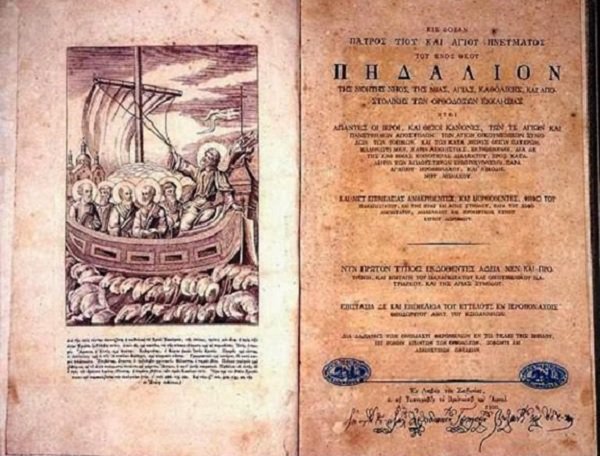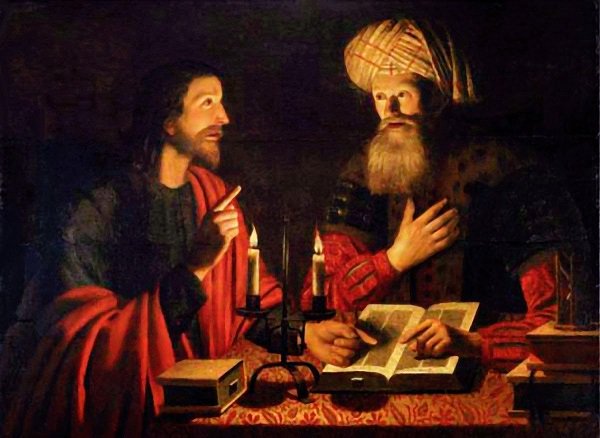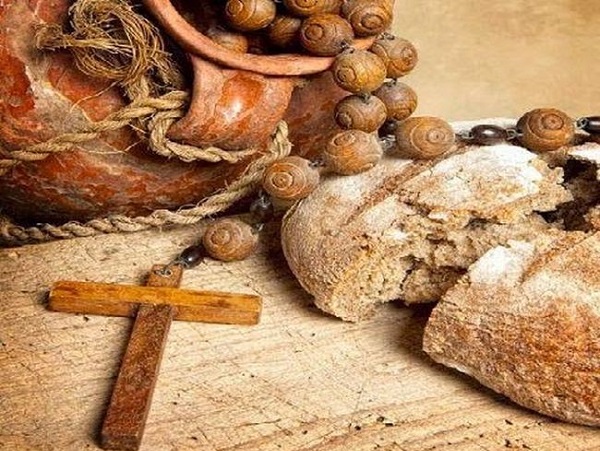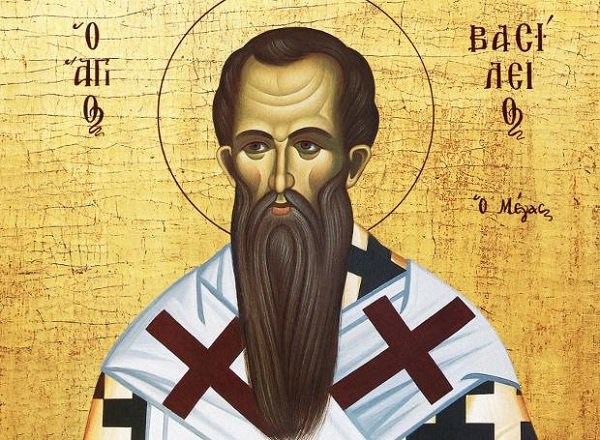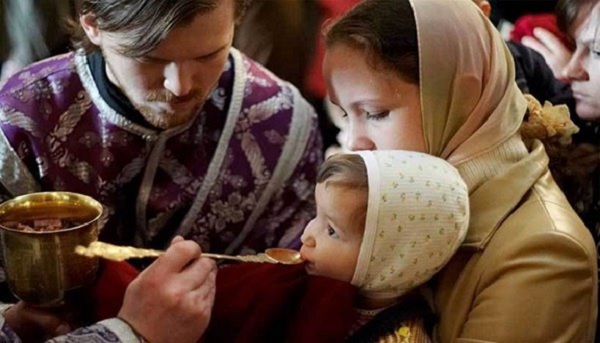
The Holy Gospel we heard today, my Christian brothers and sisters, tells us, in the form of a parable, about the Supper of Holy Communion. Communion of the Body and Blood of Christ. This Supper, which we enjoy at every Divine Liturgy, is called ‘great’ in today’s Gospel. And this Supper really is ‘great, the ‘greatest’, incomparably greater than any other prepared by royalty or magnates, because this Supper of the Church presents us with Christ Himself. His all-holy Body and His spotless Blood. Christ said this clearly when He gave His disciples communion on the evening of Great Thursday: ‘Tale, eat, this is my body’; and ‘All of you drink of this, this is my blood’. And what the ...


